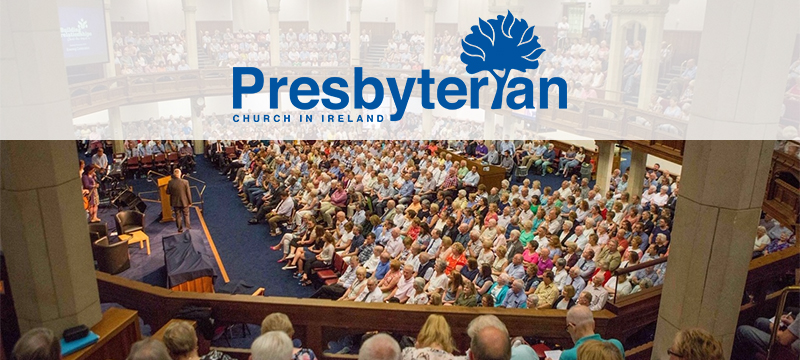The Presbyterian Church in Ireland (PCI) has unanimously passed a resolution expressing “grave concern regarding the proposed Private Members’ Bill on ‘Banning Conversion Therapy Practices in Northern Ireland”.
The motion before the denomination’s General Assembly passed without opposition earlier this week (Tuesday, 10 June), reflecting the concerns of Christians from across Northern Ireland about Alliance MLA Eoin Tennyson’s proposal for a Private Member’s Bill on ‘conversion therapy’.
The resolution states: “That the General Assembly express grave concern regarding the proposed Private Members’ Bill on ‘Banning Conversion Therapy Practices in Northern Ireland.”
A dangerous law
This is far from the first time concerns have been raised by church leaders. Indeed, former PCI Moderator Revd Dr David Bruce outlined the problems clearly:
“Conversion therapy is an unhelpful term which is defined differently by different people.” He explained: “Attempts to end same sex attraction by using drug treatments to limit and/or reverse sexual desire, or ‘aversion therapies’ such as electric shock treatment, (all of which have been sanctioned in state-run institutions in decades past), are utterly and entirely wrong.”
But he continued: Why should a new law be so broad it even criminalises Christian ministers and youth leaders for praying and talking with people “about living the Christian life”?
This year’s General Assembly also agreed to the accept the Report of the Human Dignity Panel, which says it “has decided to establish a task group to bring forward a coherent and compassionate biblical approach to this sensitive pastoral issue for the General Assembly’s consideration and approval in due course”.
Existing laws are sufficient
The Papers set before General Assembly also included an insight into its official response to Eoin Tennyson’s proposals. PCI told Tennyson:
“PCI is of the strong opinion that existing laws are sufficient to deal with genuine cases of abuse or coercion, and that demands for a new specific law are motivated by activism that wants a broad ‘speech crime’ law to catch the everyday activities of church leaders and parents who do not affirm LGBTQ ideology.
“Legal reviews often reveal, however, that objectionable practices that activists say they wish to ban are, in fact, already illegal. Serious consideration ought to be given as to how individuals reporting genuine abuse can be better protected under existing law. The common theme is that what constitutes ‘conversion therapy practices’ is very difficult to define legally and risks criminalising innocent behaviour like praying or having a conversation.”
This point reflects the huge amount of work that has been undertaken by legal experts in this area. The Christian Institute has commissioned independent advice from multiple KCs, including an opinion from top human rights lawyer Aidan O’Neill KC. O’Neill looked specifically at Tennyson’s proposal, once again agreeing that:
“…it is already the case in Northern Ireland that conduct towards another which constitutes degrading treatment and which results in the infliction of psychological suffering on that other, is illegal and in breach of the criminal law.”
